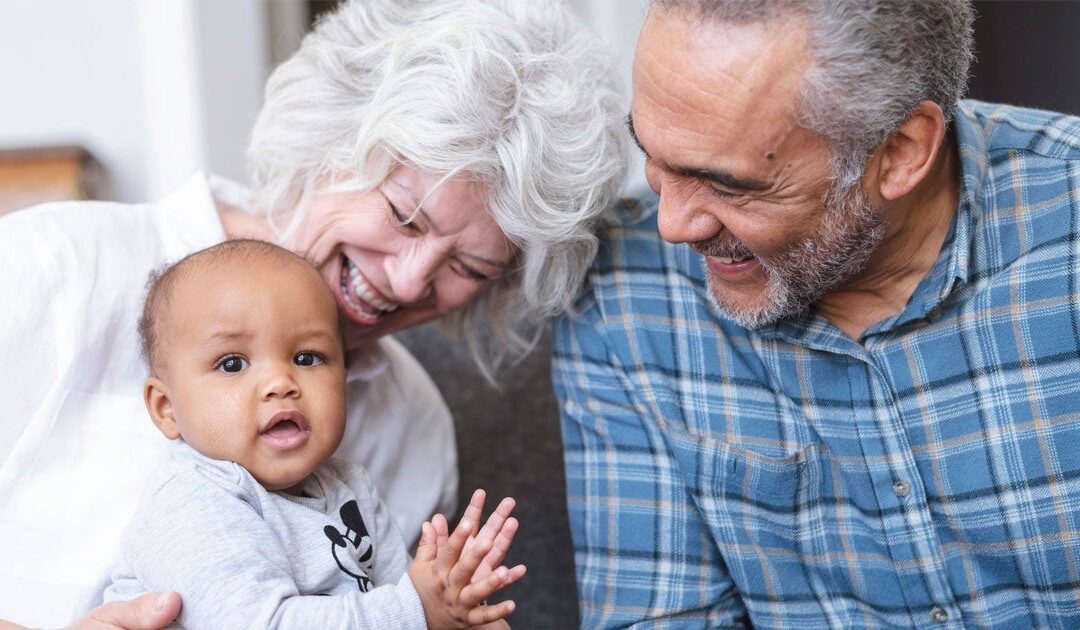Some of my fondest childhood memories come from spending with my grandparents. While growing up, my siblings and I were lucky enough to have been the only grandchildren on both sides of my family, and the attention we received during those early years reflected that. Although they lived eight hours from us by car, we spent weeks at a time with them each summer swimming, picnicking, playing games, baking, and gardening. my grandmother was a teacher and it was in her nature to find unique and fun ways to engage and entertain us. She did not disappoint. I am grateful for those memories, for the time and care my grandparents gave me, and for my grandmother’s delicious homemade donuts that no one else in the family has been quite able to replicate since she passed.
It is no secret that having a wide range of positive early life experiences optimizes social-emotional learning and development. When kids are exposed to people who are different from them and situations that stretch them beyond their typical daily experiences it promotes new ways of thinking and problem solving. It nurtures their understanding of themselves and their understanding of the ways they fit into and make sense of the world around them.
What children really need most is at least one person who truly sees and celebrates them for the individuals they are. Grandparents are often able to support their grandchildren in ways that are different from how supported their own children. They are likely to be more patient, present, engaged in play, and offer support through advice, listening, and gentle teaching. They give unconditional love and acceptance and sometimes a sense of stability that might be otherwise lacking. Children who have close relationships with their grandparents generally have higher self-esteem and are better able to emotionally and behaviorally regulate when stressed.
Predictably, kids are not the only ones who benefit when they interact with the older adults in their lives; grandparents do, as well. Studies show that grandparents who have close relationships with their grandchildren have a higher quality of life. They display improved cognitive functioning, lower rates of depression, and may even live longer.
While those in close proximity are most likely to have the strongest grandparent-grandchild relationships, there are ways to stay connected and foster these relationships even when there is geographical distance. Take the time to call by phone and video, send emails, letters, share photos, and visit whenever possible.
Grandparents take on many roles in families and one important example is family historian. They tell and retell stories and pass on family traditions and culture through recipes, games, and their unique wisdom. They do this in part to entertain, but also to keep the stories alive and passed on to next generations that will in one day do the same. These family patterns and traditions are sacred and once lost, they cannot be recovered. Remember to keep the traditions going and to pass down your most cherished family memories. Your grandchildren’s grandchildren will be grateful.
Written By:
Carrie Niles, MA, LPCC
Clinical Director


Recent Comments